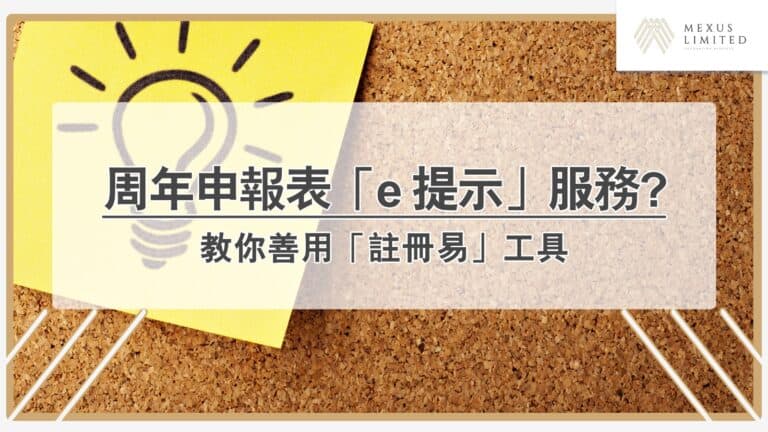What are the common tax disputes in Hong Kong? How does the Inland Revenue Department determine whether an expense is “tax deductible”?

In Hong Kong, the tax system is simple but often complex and difficult to understand. Among other things, the Inland Revenue Department (IRD) examines a large number of cases relating to the source and taxability of income each year, and some of these cases even have to be referred to the Board of Review and the courts for determination. Taxpayers often object to the estimated or additional assessments issued by the IRD. This article will therefore look at some of the most common tax and audit disputes in Hong Kong for the benefit of taxpayers.
Common Hong Kong Tax Disputes
- Is the source of income from Hong Kong?
Many taxpayers believe that as long as their business activities are not carried out in Hong Kong and they do not operate an office, employ staff or have a relationship with customers and suppliers in Hong Kong, they are not subject to Hong Kong income tax.
However, taxpayers are required to provide sufficient and appropriate supporting documents to support their offshore tax-exempt status, such as transaction documents and correspondence of business operations. In addition, the Hong Kong Inland Revenue Department is very stringent in examining offshore tax exemption applications and may apply various tests and assess information and documentary evidence.
- Tax audit investigations for Hong Kong companies?
The Hong Kong Inland Revenue Department may refer certain offshore tax exemption applications to the Inland Revenue Field Audit and Investigation Department for inspection. If the audit reveals improper claims that cannot be reasonably explained, the IRD may issue penalties and/or interest. This is particularly true for offshore tax exemption claims and penalty/interest issues.
- Tax deferral objections?
The Inland Revenue Department (IRD) may send a notice of assessment to a taxpayer for various reasons, such as late or non-filed tax returns, or when the statutory assessment deadline is approaching. If the taxpayer disagrees, he/she must file a notice of objection within one month, otherwise the tax assessment will become final. If the objection is not submitted within the deadline, the tax will become final and payable. To avoid delaying the dispute, taxpayers should ensure that their correspondence is up-to-date and that they retain the relevant documentary evidence.
How does the Inland Revenue Department determine that an expense is “tax deductible”?
Sections 16 and 17 of the Hong Kong Inland Revenue Ordinance (IRO) explain the general rules of deductibility, the special deductibility rules and the disallowed deductions. In order to qualify as a deductible expense, there is a requirement that the IRD will closely examine the deductibility of such expenses, particularly during tax audits, if there are unusual payments or if the total amount of payments is higher than the income earned.
Generally speaking, the process of determining the deductibility of expenses can be divided into the following aspects.
- Nature and scope of expenses
The deductibility of expenses and expenditures is an important issue in the Hong Kong tax system. As long as the nature and circumstances leading to the expenditure are carefully examined (the label or name is not the most important), the Inland Revenue Department will confirm the true nature of the transaction based on the available information. Taxpayers should therefore ensure that all expenses comply with the requirements of the IRO in order to avoid tax disputes.
For tax audit purposes, if a taxpayer incurs expenses for other purposes, expenditure apportionment is required and the methods provided under IRO 2A to 2C are applicable. Apportionment of expenses is a method often examined in IRD audit cases to address the issue of overstatement of expenses by taxpayers.
- Non-deductible expenses
The one-off/recurring expenditure test: capital expenditure is usually a one-off expenditure, whereas trade expenditure is an annual recurring expenditure.
Lasting benefit test: expenditure is usually considered to be capital expenditure if it provides a lasting benefit to the transaction, eliminates a capital liability or optimises an asset.
Fixed or current capital test: depending on the nature of the transaction or business, for example the distinction between fixed assets and current inventories.
Profit structure test: an expense is considered to be capital in nature if it relates to the structure in which the profit is earned.
The taxpayer should be prepared to explain the purpose and intent of the expenditure and provide supporting documentation. Household or private expenses, fines and penalties are usually non-deductible expenses because they are not incurred when taxable profits are generated. Capital expenditure is also generally non-deductible unless there are special provisions in the Inland Revenue Ordinance.
The above information is provided for reference. If you have any questions or enquiries about tax returns (personal tax returns, corporate tax returns, accountant tax returns), you are welcome to contact our professional advisors and we will provide you with a free quote and consultation service in due course.


